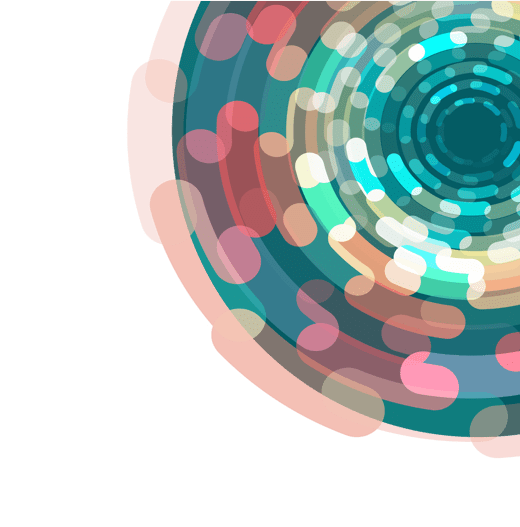DNA microscopy in two and three dimensions
September 25 @ 10:00 – 11:00 CEST
Speaker: Joshua Weinstein, University of Chicago
Host: Ian Hoffecker, SciLifeLab
This lecture is open with no registration required.
Abstract
Lymphatic, nervous, and tumoral tissues, among others, exhibit physiology that emerges from three-dimensional interactions between genetically unique cells. Technologies capable of volumetrically imaging transcriptomes, genotypes, and morphologies in a single de novo measurement can provide a critical lens into the biological complexity of living systems. We present on our experimental and computational work to develop DNA microscopy: a modality of imaging that captures physical images of specimen genetic content using a massive distributed network of DNA molecules inside it. We demonstrate DNA microscopy in two-dimensional cell cultures and genome-wide in intact zebrafish embryos.
Biography
Joshua Weinstein is a biophysicist and molecular technologist. He works on developing DNA-based technologies for high-throughput encoding and decoding of biological information with a view toward applications in biology and medicine. He has previously worked on applying massively parallel DNA sequencing to the study of immune receptor repertoires. Recently, he invented DNA microscopy, an imaging modality that uses DNA rather than light as an imaging medium in order to generate detailed pictures of how genetic diversity distributes spatially across biological specimens. Prof. Weinsten completed his undergraduate studies in physics and biophysics at the University of Pennsylvania, and his PhD in biophysics at Stanford University in 2012 under the direction of Stephen Quake and Daniel Fisher. There, he published the first global measurements of immune receptor sequence repertoires, using the zebrafish as a model organism. Weinstein later applied repertoire-sequencing to immune development and human vaccine response. Weinsten completed his postdoctoral work at the Broad Institute/Massachusetts Institute of Technology, under the joint-mentorship of Feng Zhang and Aviv Regev, where he was supported by a Simons Fellowship from the Life Sciences Research Foundation. There, he developed DNA microscopy, enabling biological specimens to “image themselves” and thereby generating detailed spatio-genetic data sets, which bypass the need for specialized equipment. In 2019, Weinstein moved to his current position as assistant professor of molecular engineering and medicine in the section of genetic medicine at the University of Chicago.
ian.hoffecker@scilifelab.se

